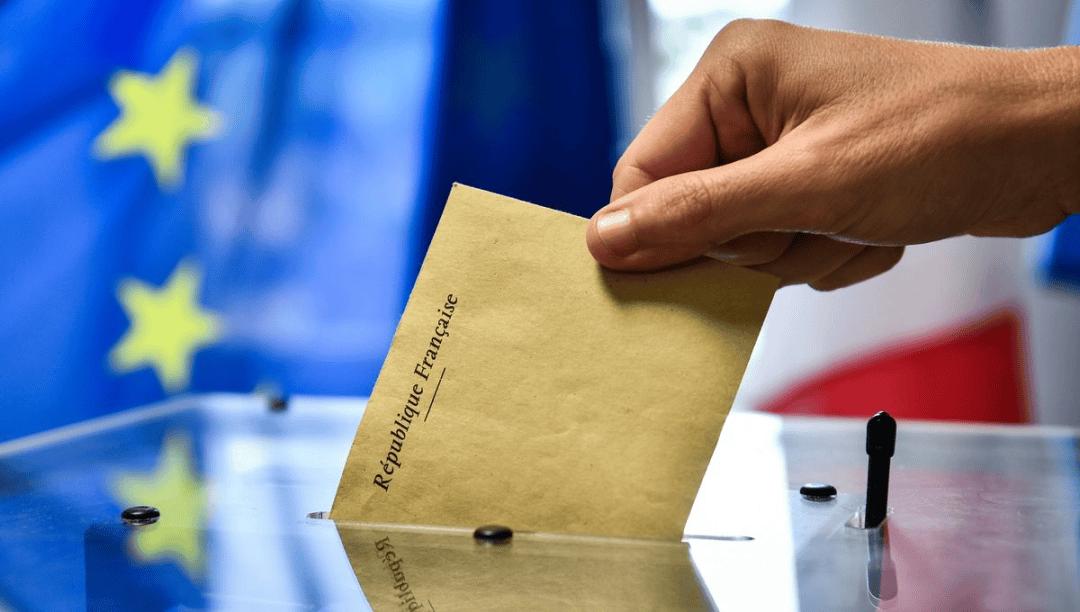
As an important economy in Europe and a core member of the European Union, France's election results may have a significant impact on the European market and even the global market.
Political uncertainty leads to market volatility. The election results may affect international investors' confidence in European political stability and market expectations for future policy directions, including fiscal policy, monetary policy, trade policy, and immigration policy. Investor sentiment fluctuations can trigger fluctuations in the stock market, bond market, and foreign exchange market, leading investors to adopt risk aversion strategies. A government perceived as pro market and pro EU may boost market confidence, while a government perceived as anti EU or populist may raise market concerns.
The new government's economic policies, including taxation, expenditure, and debt management, will affect the economic growth prospects of France and Europe. The ultimate impact is on France's ability to promote structural reforms, such as labor market reforms, pension reforms, and improvements in the business environment. If a far left or far right political party wins in French elections, it may trigger market panic. These political parties usually tend to implement more aggressive policies, such as large-scale fiscal stimulus plans or tightening policies, which lead to fluctuations in the European stock market, especially in industries and companies related to France, such as banks, energy, and luxury goods. Simultaneously exacerbating the interest rate spread within the eurozone, i.e. the difference in borrowing costs between different countries, may lead to funds flowing from weaker economies to stronger ones, exacerbating internal imbalances within the eurozone, leading to a decrease in market confidence in the euro, and putting pressure on the euro to depreciate.
The results of the French elections not only affect the political and economic direction within France, but also profoundly influence France's international relations.
As an important member of the European Union, France's government's stance and policies play an important role in the cohesion and decision-making within the EU. Adverse outcomes are seen as a threat to the stability of the EU or the Eurozone, and are a test of France's relationship with the EU. France and Germany are the two major engines of the European Union, and election results are seen as uncertain or risky, which will affect the closeness of Franco German relations, thereby affecting the overall policy direction and internal cohesion of the EU.
The new French government's stance and strategy towards the United States, especially on issues such as trade, security, and climate change, may bring new opportunities for cooperation, as well as new challenges and conflicts. If France elects a government that leans towards protectionism or nationalism, or leads to intensified trade frictions and even new trade disputes, conversely, if the elected government leans towards free trade and cooperation, it can help alleviate existing trade tensions. On the contrary, if the elected government leans towards free trade and cooperation, then cooperation between France and the United States in the field of trade may become closer, which can help alleviate the existing trade tensions. France plays an important role in NATO and other international security affairs, and the election results may affect France's attitude towards NATO and its military and security cooperation with the United States
As a permanent member of the United Nations Security Council, France's foreign policy and international stance will have an impact on the global geopolitical landscape. It plays a crucial role in maintaining international peace and security, supporting multilateralism, leading European affairs, balancing global power, combating terrorism and extremism, military power, and intervention policies. For example, military intervention and political stance in the Middle East, Africa and other regions, military actions in Syria, Libya and other places, and stance on the conflict in Ukraine.
In summary, the impact of French elections on the European market is multifaceted, involving multiple levels such as political stability, financial markets, economic policies, EU integration, international relations, and market reactions. France's foreign policy and international stance play a complex and subtle role in the global geopolitical landscape, affecting not only its own interests but also the operation of the international community and multilateral system.

The European Commission released a package of measures for the automotive industry on Tuesday (December 16th), proposing to relax the requirements related to the "ban on the sale of fuel vehicles" by 2035.
The European Commission released a package of measures for …
Venezuela's Vice President and Oil Minister Rodriguez said …
On December 16 local time, the Ministry of Space Science Ex…
Recently, a highly anticipated phone call between the defen…
Right now, the world's major central banks are standing at …
Recently, according to Xinhua News Agency, the news of a tr…